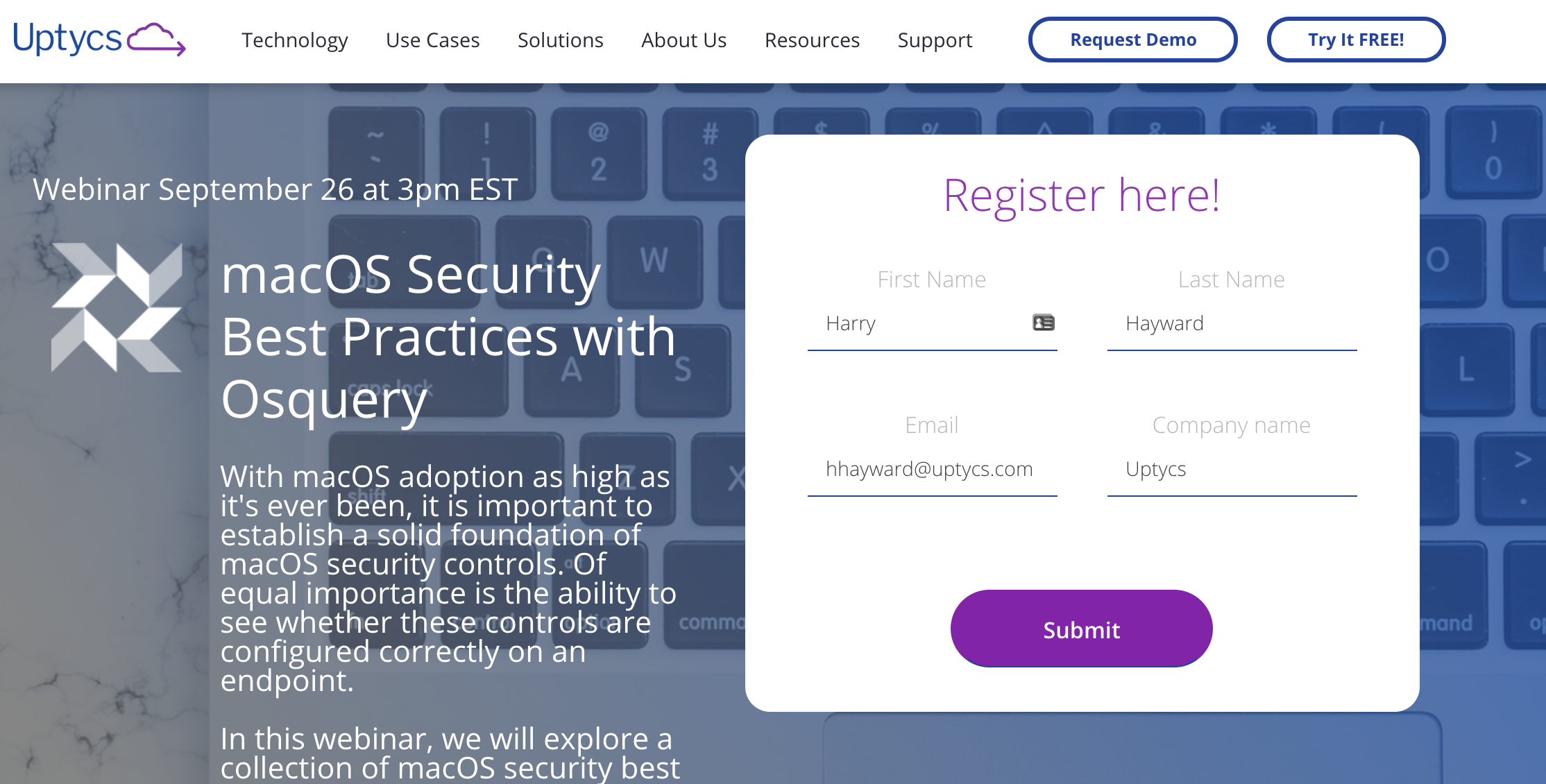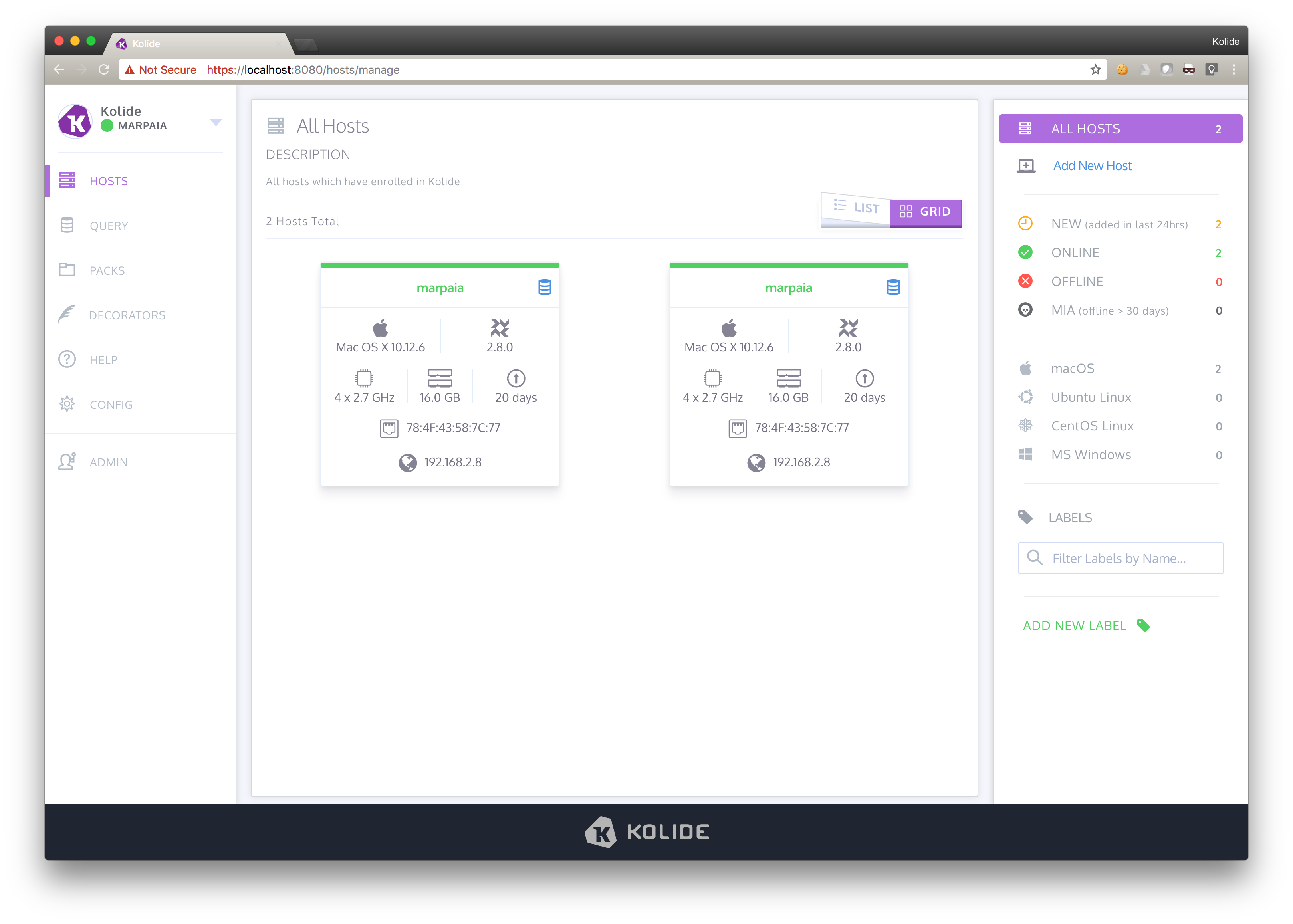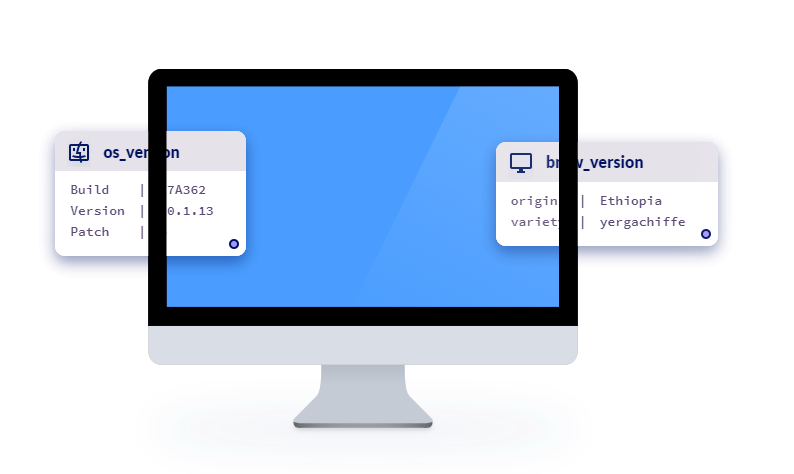

Generating "apiserver-kubelet-client" certificate and key apiserver serving cert is signed for DNS names and IPs Generating "apiserver" certificate and key Using certificateDir folder "/etc/kubernetes/pki" You can also perform this action in beforehand using 'kubeadm config images pull' This might take a minute or two, depending on the speed of your internet connection Pulling images required for setting up a Kubernetes cluster

W1023 21:29:58.178002 9474 configset.go:348] WARNING: kubeadm cannot validate component configs for API groups Oct 23 19:31:23 host systemd: Started Docker Application Container Engine.

└─16856 /usr/bin/dockerd -H fd:// -containerd=/run/containerd/containerd.sock Loaded: loaded (/lib/systemd/system/rvice enabled vendor preset:Īctive: active (running) since Fri 19:31:23 +03 1min 6s ago rvice - Docker Application Container Engine.* Applying /etc/nf systemctl status docker It automates the installation and configuration of Kubernetes components, including the API server, Controller Manager, and Kube sysctl -system Also, containers that are already broken are recreated. Kubernetes monitors the state of containers, and if something goes wrong, it can replace them with new containers. Apart from services, Kubernetes can manage your package settings. The better the containers and their resources are allocated, the better the system performance will be. Kubernetes automatically distributes containers based on their resource requirements and other constraints. Users can automatically mount local or cloud storage systems. Kubernetes gives Pods their IP addresses and DNS name for the set of Pods and can distribute the load between them. If something goes wrong, Kubernetes will roll back the changes for us. Kubernetes gradually makes changes to an application or its configurations while monitoring its health to make sure it doesn't destroy all the instances simultaneously. Automatic deployment and rollback of systems.That doesn't include the last modified dates in the log file, but it is possible to do with a little more work. Using the -newer flag of the find command it will return all files newer than our $LOG_DIR/timestamp, and because we touch that file after the script runs, the next time it runs it will show all files changed since it was last run. It has occurred to me that using osquery here is probably a bit overkill for this task, I think you could create a more rudimentary version of this script like this: find $WORKSPACE_DIR -type f -newer $LOG_DIR/timestamp > $LOG_FILE If you set this up in a cron job running every 15 minutes, you'll have a nice log of what files where changed when. I tested this bash script on a Mac, but I think it would work just the same on linux. usr/local/bin/osqueryi -csv -header=false "SELECT datetime(mtime,'unixepoch') AS file_last_modified_time, path FROM file WHERE path LIKE '$WORKSPACE_DIR/%%' AND type != 'directory' AND mtime > $AGO_TIMESTAMP ORDER BY mtime ASC " > $LOG_FILE

LOG_FILE="$LOG_DIR/$LOG_FOLDER_NAME/$LOG_FILE_NAME.txt" LOG_DIR=`echo ~/Documents/Logs/osquery_file_logs/` My use case here wasn't file integrity monitoring, for that you would want to use file events. Here's a bash script that uses osquery to log which files in a specific folder have been modified over a 15 minute period.


 0 kommentar(er)
0 kommentar(er)
